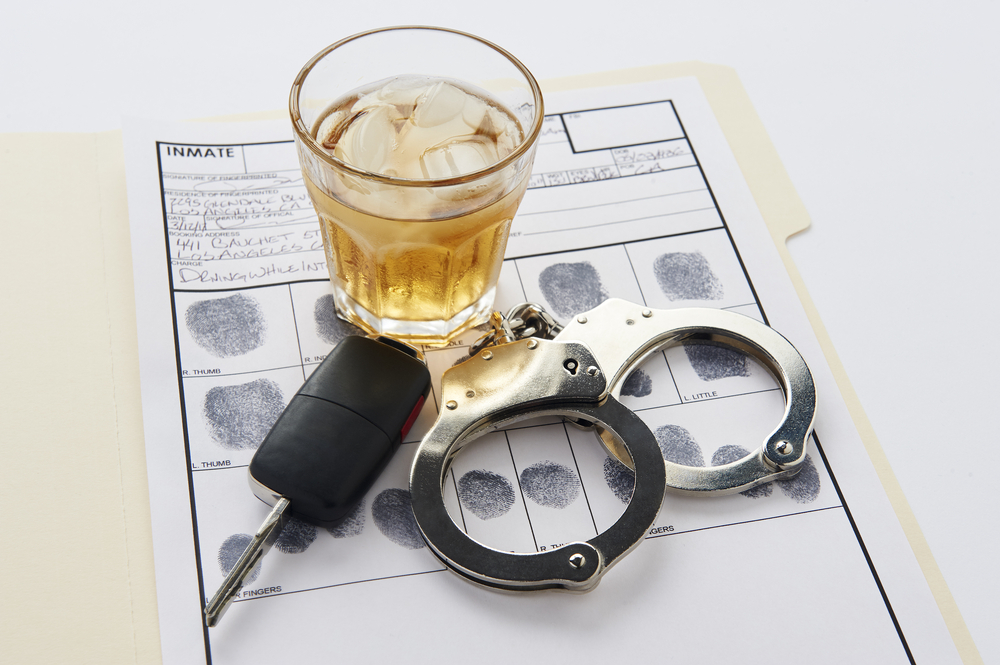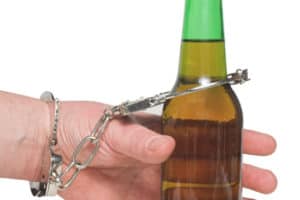
Have you been charged with multiple DWIs in Texas? Are you wondering which penalties you may be facing? Driving while intoxicated (DWI) is a grave offense, and Texas penalizes repeat offenders through significant fines, imprisonment, and the suspension of their driver’s license. If you need assistance understanding your particular penalty, our Texas DWI lawyer can help you.
Texas prosecutors are notorious for going after serious criminal cases with a great amount of rigor to impose the harshest penalty possible. Rather than go at this alone or employ a public defender, consult with a law firm whose leading attorney is a board-certified criminal defense lawyer.
Before taking advantage of a free consultation, get a basic overview of the punishments for repeat DWIs in Texas, highlighting the consequences at each level of offense. You have legal options. Learn about them through the compiled commonly asked questions below.
Are There Ways to Reduce the Penalties of Repeat DWIs in Texas?
Since repeat offenses carry harsher penalties, a great starting point for mitigating punishment begins with securing the legal presentation of a Dallas criminal defense lawyer. Your lawyer may present the following to minimize your punishment for repeated DUIs:
- Mitigating Factors: Your lawyer may present mitigating factors to the court that can potentially reduce the penalties. These factors may include demonstrating remorse, showing evidence of rehabilitation efforts, highlighting positive contributions to the community, or providing character references.
- Compliance with Court Orders: It is essential to comply with any court orders, such as attending mandatory alcohol education programs, completing community service, or adhering to probation conditions. Commitment to rehabilitation and complying with court orders can positively impact the court’s perception of your case and may lead to reduced penalties.
How Does Texas Penalize a Second DWI Offense?
Repeat DWI offenses in Texas result in increasingly stringent punishments meant to deter offenders from any further instances. A second DWI offense in Texas may result in the following:
- Fines for a Second Consecutive DWI: The maximum fine for a second DWI offense is $4,000, although the actual amount may vary depending on the circumstances of the case.
- Jail Time for a Second DWI: A second DWI offense leads to mandatory imprisonment for up to one year. The length of the sentence may depend on factors such as the blood alcohol concentration (BAC) level and any aggravating circumstances.
- License Suspension Following a Second DWI Offense: Your driver’s license may be suspended for up to two years, meaning you will be unable to legally operate a motor vehicle during that period.
Know that these penalties represent the minimum prescribed by law. Depending on factors such as prior criminal history or aggravating circumstances, a judge may choose to impose a harsher sentence. Seek the assistance of a Dallas DWI lawyer who can help you through the legal process and protect your rights.
What Are the Punishments for a Third DWI Offense in Texas?
A third DWI offense is considered a felony in Texas, and the consequences are even more severe than for a second offense. Here are the typical punishments for a third DWI conviction:
- Fines for a Third Consecutive DWI: The fines for a third DWI offense can reach up to $10,000, although the actual amount may vary based on the specifics of the case.
- Imprisonment Penalty for a Third DWI: If convicted of a third DWI, you may face imprisonment for up to ten years. The length of the sentence will depend on factors such as the severity of the offense and any aggravating circumstances.
- License Suspension After a Third DWI: Similar to the penalties for a second offense, your driver’s license may be suspended for up to two years.
Repeat DWIs in Texas, like a third DWI offense resulting in a felony charge, can have long-term consequences beyond the immediate penalties. A felony conviction can impact various aspects of your life, including employment opportunities and housing options. Consult with a Dallas DWI lawyer to ensure the best possible outcome.
What Happens After Your Fourth or Subsequent DWI Offense in Texas?
For individuals caught driving under the influence for the fourth or subsequent time, punishments in Texas include:
- Fines for Subsequent DWIs: Similar to a third offense, you may face fines of up to $10,000.
- Imprisonment Penalties for Subsequent DWIs in Texas: The prison sentence for a fourth or subsequent DWI offense can be as long as 20 years, depending on the circumstances and any aggravating factors.
- License Suspension: Your driver’s license may be suspended for up to two years, as with previous offenses.
In addition to fines, imprisonment, and license suspension, individuals convicted of a fourth or subsequent DWI offense may be required to install an ignition interlock device (IID) in their vehicle.

What Are My Legal Options if I Have Multiple DWIs in Texas?
If you have multiple DWIs in Texas, it is highly recommended to hire an experienced DWI lawyer in Texas. A skilled attorney can assess the details of your case, review the evidence against you, and provide guidance on the best legal strategies to pursue.

How Will Having a Lawyer Help Me Beat Repeat DWI Penalties in Texas?
Having a reputable Dallas DWI lawyer could provide you with the support needed to achieve a less strict sentence. If you are facing punishment for repeat DWIs in Texas, attorneys from the Law Offices of Randall B. Isenberg may be able to help in the following ways:
Challenge the Validity of the Arrest
Our attorneys will investigate whether the police had probable cause to stop your vehicle and arrest you for DWI. Examining the circumstances surrounding your arrest, including the administration of field sobriety tests and breathalyzer tests, will determine if any procedural errors or violations occurred.
Negotiate a Plea Bargain
In some cases, we may negotiate with the prosecution to reach a plea bargain. This involves pleading guilty to a lesser offense or accepting reduced penalties in exchange for avoiding a trial. The specific terms of a plea bargain will depend on the circumstances of your case and the discretion of the prosecutor.
Contest the Evidence
Challenging the admissibility or reliability of the evidence against you can include questioning the accuracy of breathalyzer or blood test results, challenging the credibility of witnesses, or disputing the validity of any other evidence presented by the prosecution. Contesting the evidence can weaken the prosecution’s case and potentially lead to a dismissal or reduction of charges.
Prepare for Trial
If your case proceeds to trial, our lawyers will build a strong defense strategy. This may involve presenting expert witnesses, challenging the credibility of the prosecution’s witnesses, and cross-examining the evidence presented against you. We will work diligently to establish reasonable doubt and secure a favorable outcome.
When ready, let’s quickly and discreetly navigate through this legal process. Contact us today.










